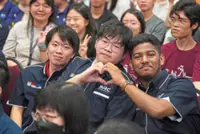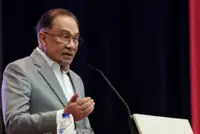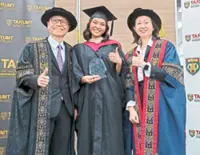KUALA LUMPUR: After more than five decades of serving the nation – first as a community college in 1969, then as a university college in 2013 – Tunku Abdul Rahman University College (TAR UC) is now officially a full-fledged university.
Yang di-Pertuan Agong Al-Sultan Abdullah Ri’ayatuddin Al-Mustafa Billah Shah and Raja Permaisuri Agong Tunku Hajah Azizah Aminah Maimunah Iskandariah will commemorate the momentous upgrade of TAR UC to Tunku Abdul Rahman University of Management and Technology (TAR UMT) at its main campus here in Setapak today, the varsity’s board of governors chairman Tan Sri Liow Tiong Lai said.





